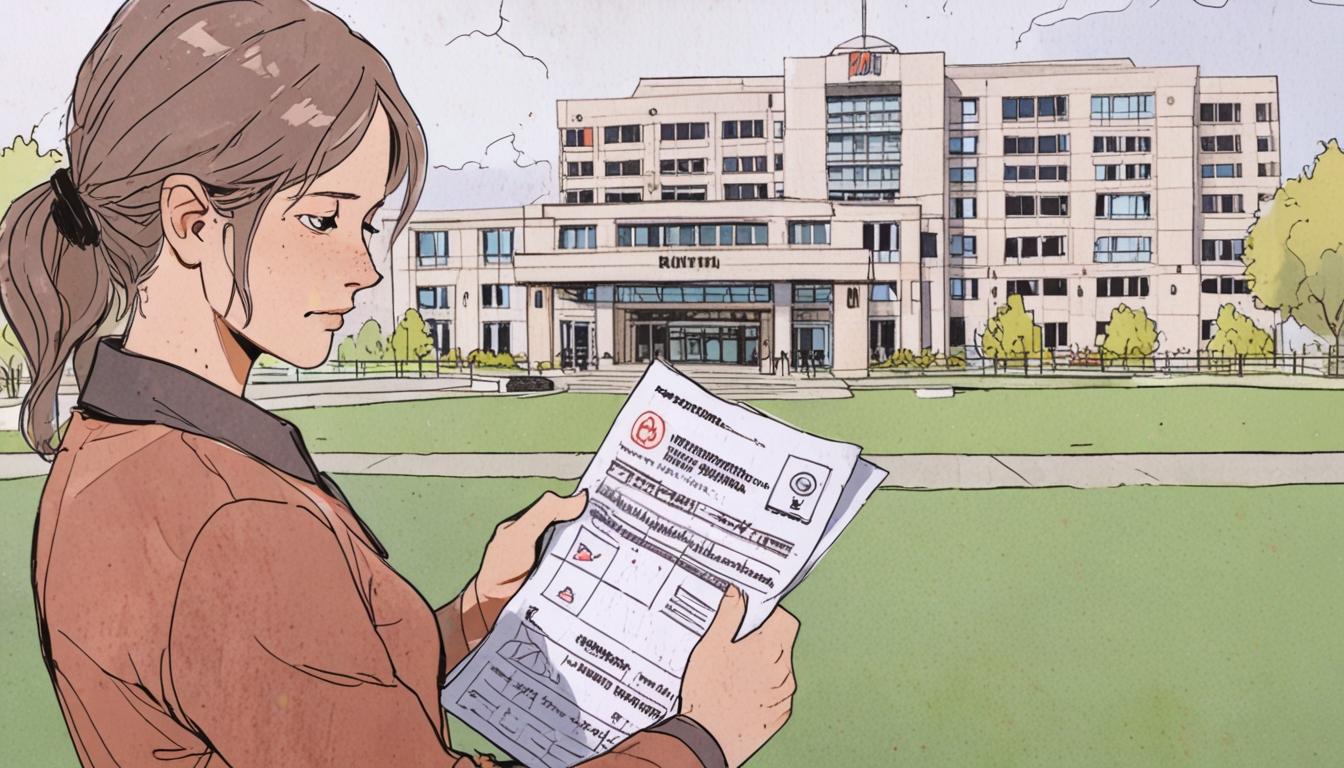In the wake of a tragedy that has resonated deeply within the Birmingham community, a grieving mother's call for urgent reforms in mental health care has garnered nearly 30,000 signatures on a petition. Tina Jones launched this campaign following the heartbreaking death of her son, Tyran, who was found deceased in his flat on Mother's Day at the age of just 30. Tyran had struggled with mental health issues since the age of 14, a battle that was exacerbated by his autism, leading to profound emotional distress over the years.
Tina and her husband, Steve, have voiced concerns that the National Health Service (NHS) failed to provide adequate support for Tyran despite numerous attempts to secure help. His mental health deterioration necessitated not only intervention but also a willingness to explore inpatient care, which they assert was too often out of reach. The family recounted that Tyran had made several desperate pleas for assistance, including requests to be sectioned for his own safety. Tragically, these appeals went unheeded.
On the day of Tyran's death, the family had been at their caravan in Worcester when they received the devastating news from their other son, Jamie. Tina shared that just a few months prior, Tyran had been admitted to Queen Elizabeth Hospital, where he was treated in a general medical ward rather than a dedicated mental health unit. His last attempt to get help brought him to The Oleaster, a mental health hospital in Edgbaston. Here, he was told he could come in for evaluation but was ultimately refused admission. Reports indicate he was left alone in a corridor, leading him to request to go home, a decision that the family believes may have contributed to his tragic end.
"The Oleaster and the QE said they didn’t think he needed to be sectioned," Tina recalled. "I wasn’t surprised when it happened, despite our grief." Her insistence on the systemic failures that played a part in Tyran’s death underscores a broader crisis within the mental health care system, which has been plagued by staffing shortages, overwhelming caseloads, and inadequate facilities.
The family's experience is reflective of wider issues confronting mental health services across the UK. Many families find themselves in similar predicaments where timely and sufficient care remains elusive. Public confidence in the system is waning, particularly as reports detail the challenges faced by mental health patients—issues that include long wait times and limited bed availability in facilities specifically designed to provide effective care.
In light of these challenges, the Birmingham and Solihull Mental Health NHS Foundation Trust has expressed their condolences and announced an investigation into Tyran’s care prior to his passing. The Trust has stated their commitment to assist in any subsequent inquiries triggered by this tragedy. Similarly, University Hospitals Birmingham, which manages the Queen Elizabeth Hospital, extended an offer to support the family as they navigate their questions and grief.
As her petition continues to rise in support, Tina Jones remains resolute. “He should have got the support,” she emphasised, highlighting the sense of disillusionment many families face when trying to navigate the mental health system. Both Tina and Steve have expressed their determination to ensure no other family endures the same heart-wrenching ordeal they faced. They advocate for systemic changes that will eliminate the barriers that currently exist within mental health care, aiming to provide future generations with the support they desperately need.
In this time of reflection and activism, Tyran’s story serves not only as a cautionary tale about the fragility of mental health support systems but also as a rallying cry for change, aiming to transform personal pain into a broader movement for justice and improvement in mental health care.
Reference Map
- Paragraph 1: (1), (2)
- Paragraph 2: (1), (4), (5)
- Paragraph 3: (1), (6)
- Paragraph 4: (1), (5)
- Paragraph 5: (7)
- Paragraph 6: (5), (4)
- Paragraph 7: (7)
- Paragraph 8: (1), (3)
Source: Noah Wire Services
